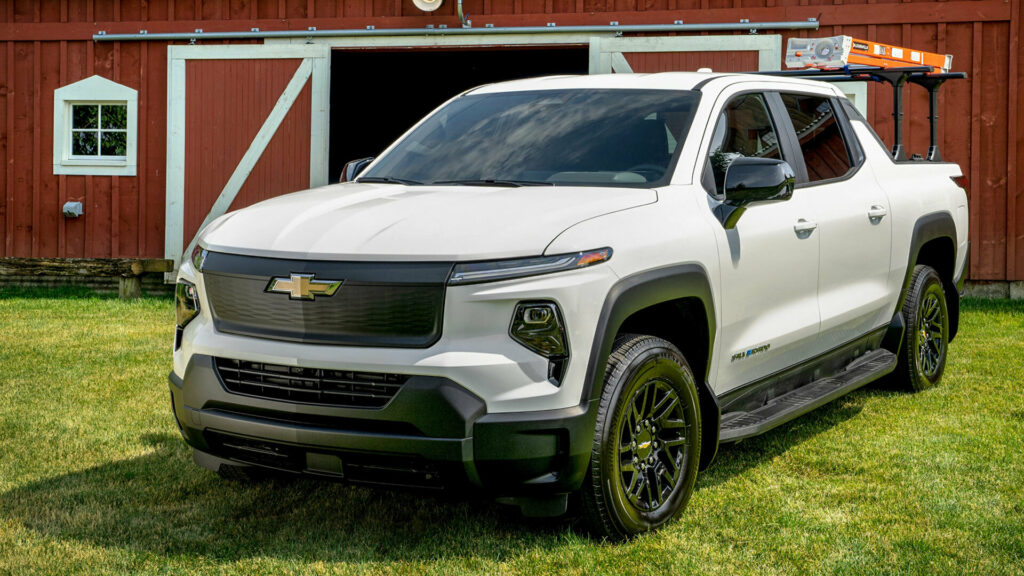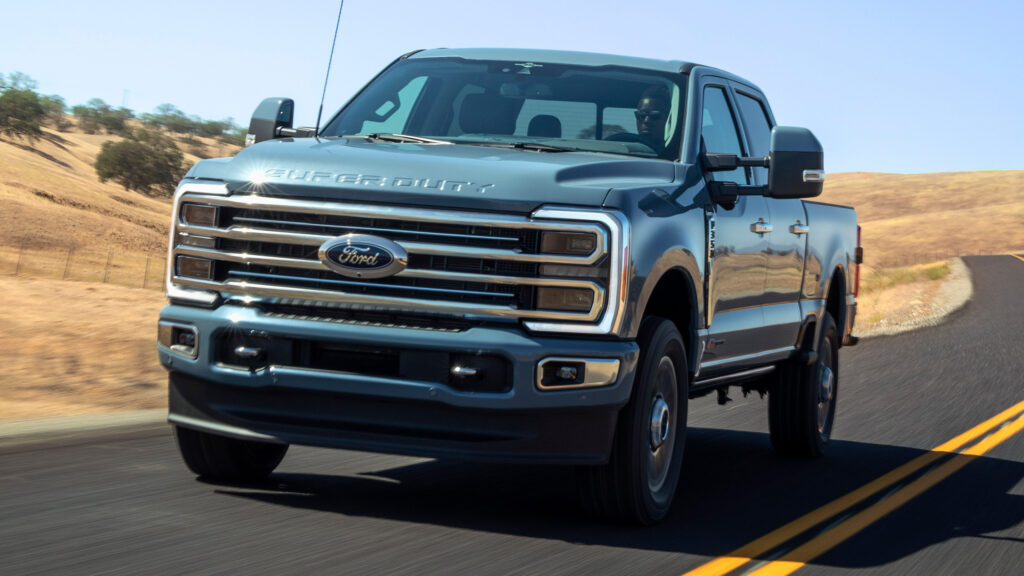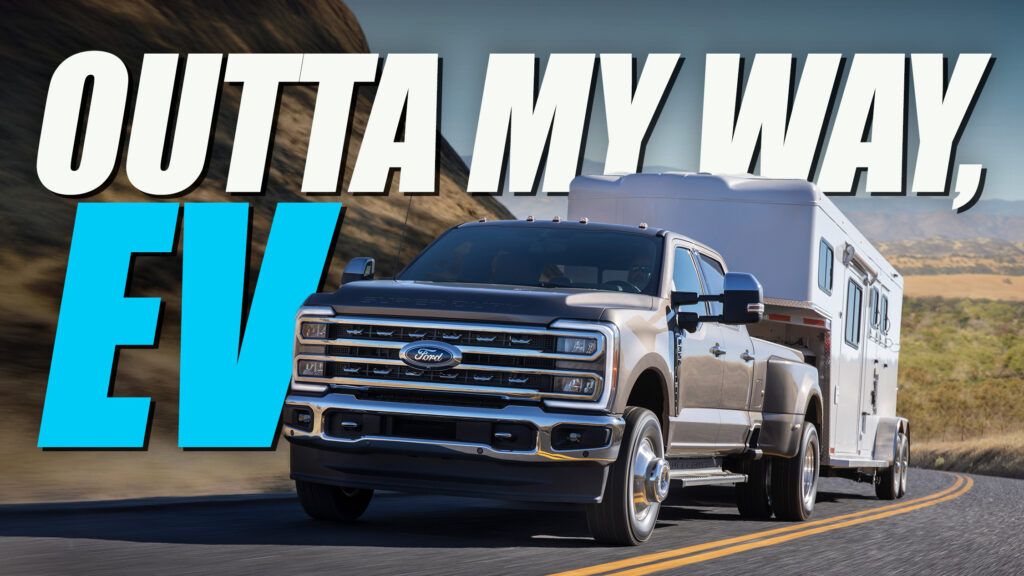- GM is delaying the opening of its Orion Assembly EV plant until 2026, the second delay for the site that will make the Chevy Silverado EV.
- That move, and a decision to postpone the introduction of a Buick PHEV are down to lack of buyer interest in electrified vehicles.
- Ford last week revealed it would be building large pickup trucks in a Canadian plant where it once planned to produce electric SUVs.
The decision whether or not to go electric is a big one for buyers. But for automakers, the decision assumes epic proportions. Make the wrong move, or do it at the wrong time, and you risk losing billions of dollars.
Ford and GM have already committed billions to the EV cause but are both turning down the wattage on their electrification plans having realized that buyers just aren’t interested. Instead, the Detroit firms are going back to what they, and their customers, know and love: big, combustion-powered trucks.
Related: Ford’s Canadian EV Hub Will Now Build Super Duty Pickup
This week GM announced a second delay to the EV line at its Orion Assembly plant in Detroit where it plans to build the new Chevrolet Silverado EV. The site, which has already been delayed once, was meant to start production of the Ultium trucks late last year, but now won’t produce its first until the middle of 2026, Bloomberg reports CEO Mary Barra telling analysts.
The Orion pushback to 2026 means GM won’t hit its planned target of building 1 million EVs by the end of 2025, something Barra admitted earlier in July. Even partially-electric vehicles aren’t immune to GM’s change of heart. The automaker has also chosen to delay the introduction of a Buick PHEV, again because it doesn’t feel that there’s sufficient demand, Bloomberg says.

GM’s revelation comes only a week after Ford confirmed it will use its Oakville plant in Ontario, Canada, to make old-school Super Duty pickups instead of the electric Explorer and Lincoln Aviator SUVs it was going to build there.
In contrast to EVs, which are expensive to build and hard to sell, Ford’s Super Duty trucks have fat margins and are in high demand, CEO Jim Farley telling reporters in April that it could sell every truck it built twice over. Ford is spending $3 billion to update the Oakville plant for its new role, safeguarding the jobs of 1,800 workers who became concerned when it was announced that EV production would be delayed to 2027, the New York Times reports.





